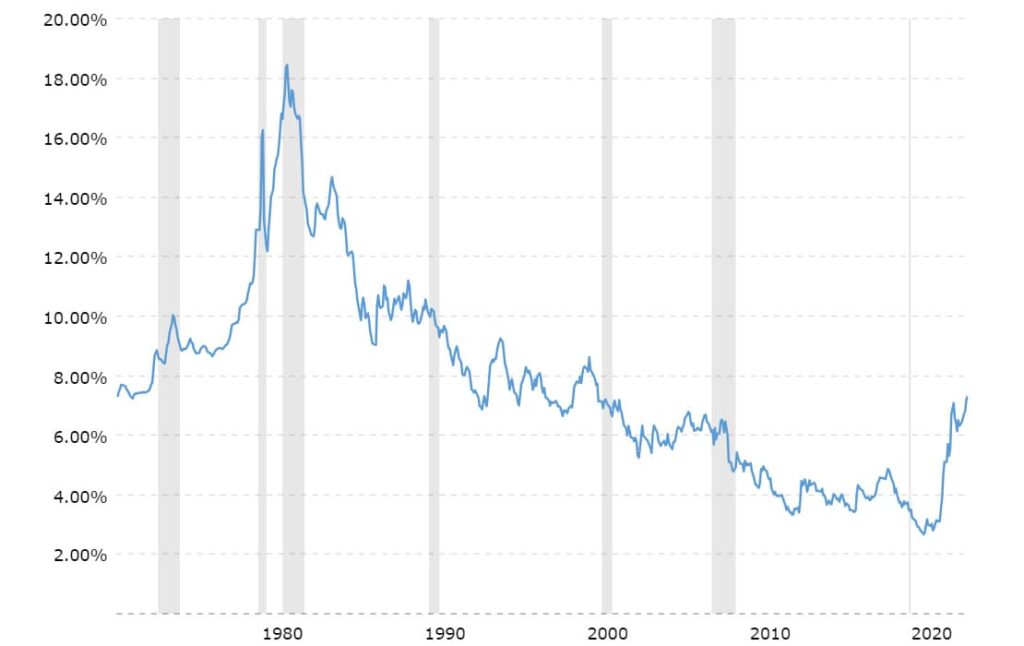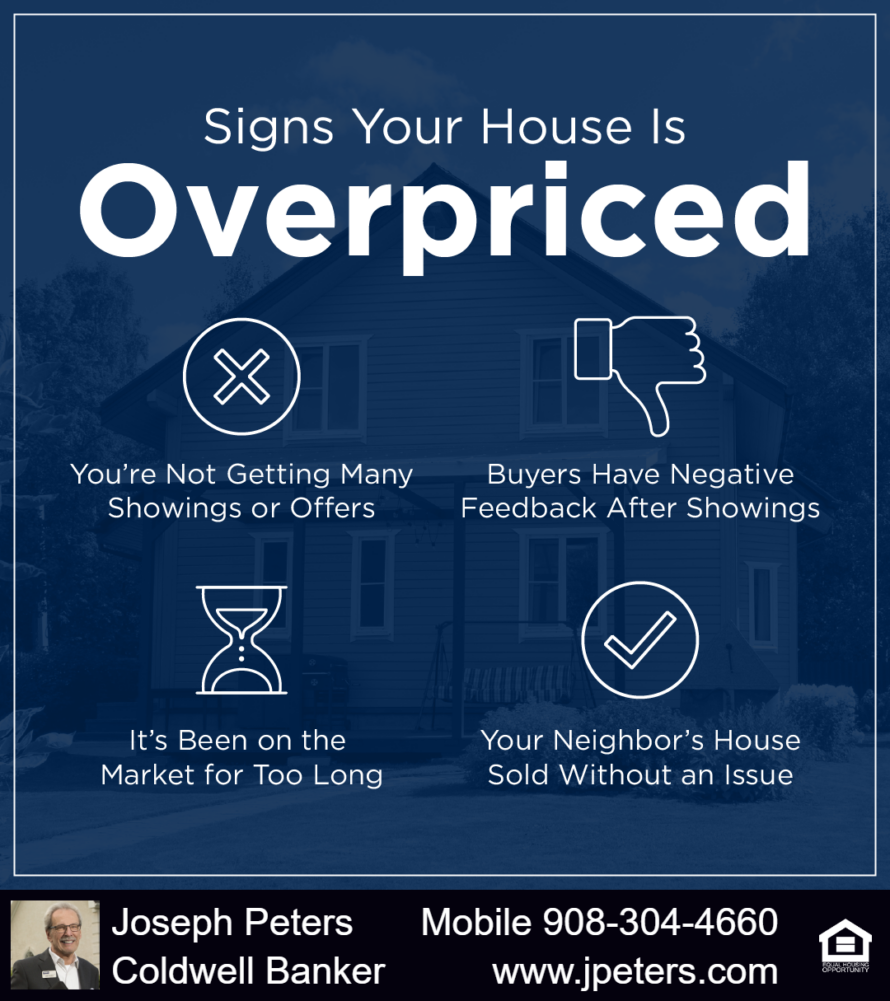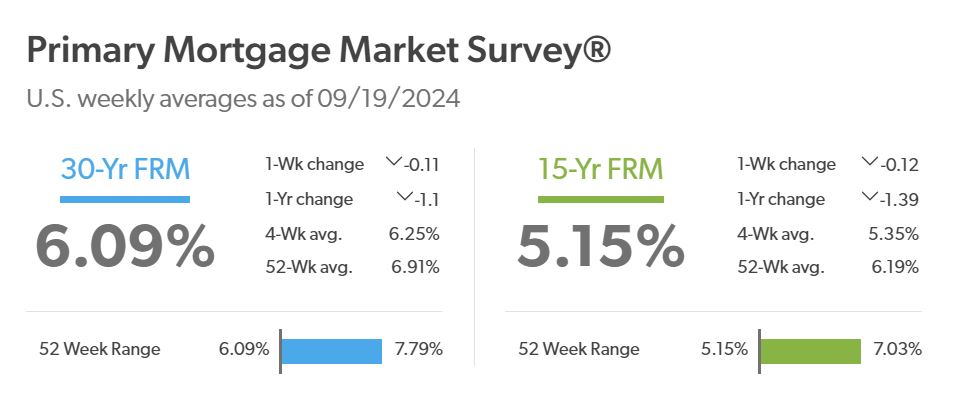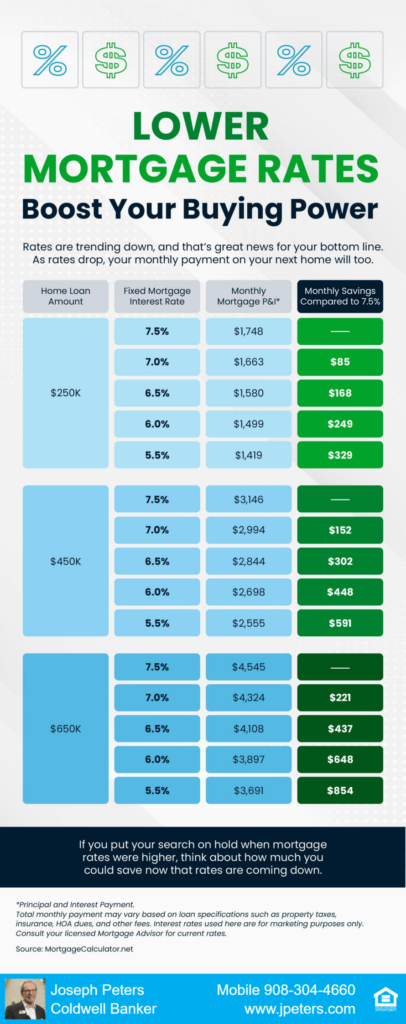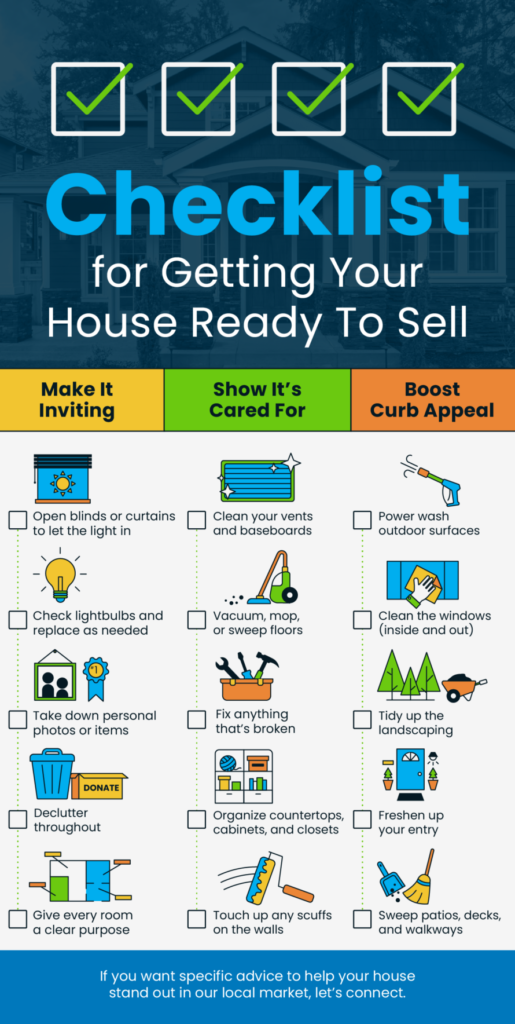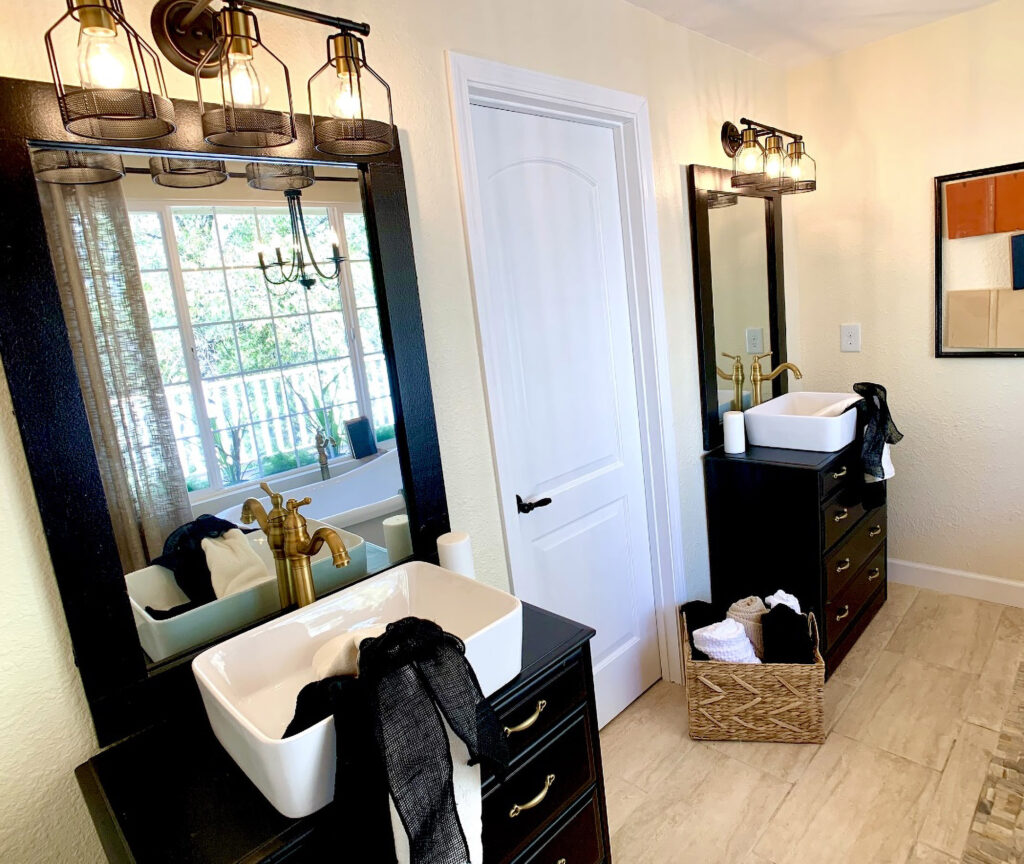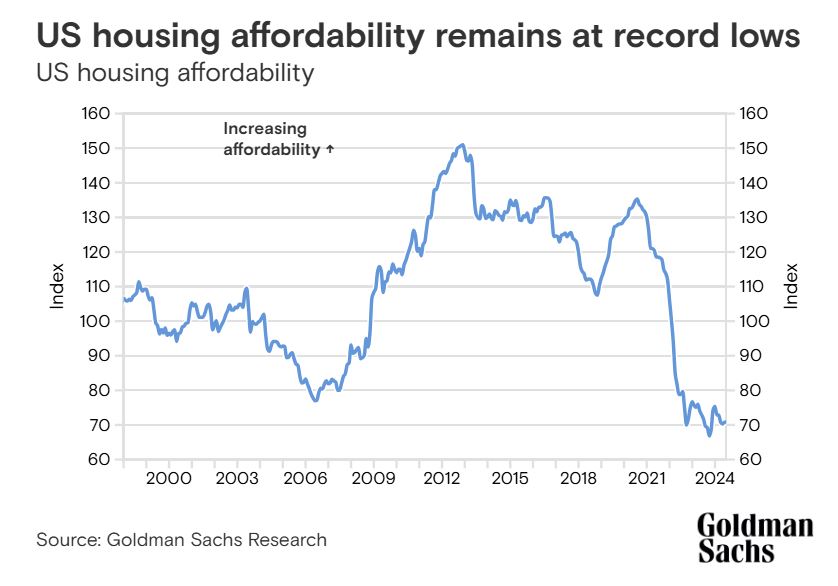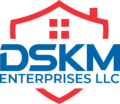If you are thinking about buy a home or refinance your current mortgage you may wonder how interest rates have changed over time and what factors affect them. In this article, we will take a look at the Historical Mortgage Rate Trends in the US since 1950 to 2023. How have mortgage rates changed per year since 1950? Mortgage rates have fluctuated significantly over time, depending on changes in the factors mentioned above. According to Freddie Mac Primary Mortgage Market Survey (PMMS)which tracks average rates for 30-year fixed rate mortgages since 1971 mortgage rates have ranged from a record low of 2.65% in January 2021 to a record of 18.63% in October 1981. The following table shows the historical trends of 30-year fixed rate mortgage rates from 1950 to 2023 based on data from Freddie Mac PMMS (1971 onwards) and Federal Reserve Economic Data (FRED) (1950 to 1970). As you can see from the graph, mortgage rates have gone through several increasing cycles. over time, reflecting changes in the economic and financial conditions. Fountain Historical changes in mortgage rates since 1950 Some of the notable periods of mortgage rate movements include: The 1950s when mortgage rates were relatively stable and low, averaging around 4%. This was a period of strong economic growth and low inflation after World War II, supported by government spending on infrastructure, defense, education, and social programs. The housing market also benefited from favorable policies, such as low-down payment requirements, long-term amortization schedules, tax deductions for mortgage interest payments, and government-backed mortgage insurance programs. In the 1960s, mortgage rates began to increase gradually, reaching around 7% at the end of the decade. This was a period of moderate economic growth and rising inflation, driven by an increase government spending on social welfare programs such as Medicare and Medicaid, as well as military spending on the Vietnam War. The real estate market also faced some challenges, due to tighter credit conditions, higher construction costs and urban unrest. The 1970s mortgage rates rose to double digit levels reaching its peak in 12.9% in 1979. This was a period of stagflation characterized by low economic growth and high inflation, caused by oil price shocks, the collapse of the Bretton Woods fixed exchange rate system, and expansionary monetary and fiscal policies. The housing market was also affected by declining affordability, lower demand and lower construction activity. In the 1980s mortgage rates reached record levels hitting 18.63% in 1981 before falling sharply around 9% by the end of the decade. This was a period of disinflation, marked by a severe recession in the early 1980s, followed by a strong recovery in the mid- to late 1980s. The Federal Reserve adopted a tight monetary policy to curb inflation, while the government implemented a fiscal policy that combined tax cuts and spending increases. The real estate market also experienced a boom-and-bust cycle, with high interest rates and low affordability in the early 1980s, followed by lower interest rates and greater demand in the mid to late 1980s. The 1990s saw mortgage rates steadily decreased, reaching around 6.5% by the end of the decade. This was a period of stable economic growth and low inflation, supported by technological innovations, productivity increases, trade liberalization and fiscal consolidation. The housing market also enjoyed sustained expansion, with rising homeownership rates, rising home values, and robust construction activity. In the 2000s mortgage rates fluctuated within a narrow range of 4.7% to 8.6% with an average of around 6.2% for the decade. This was a period of economic volatility and financial instability, marked by the Dotcom bubble and burst in the early 2000s, followed by the housing bubble and bust in the mid-to-late 2000s. The Fed adopted an accommodative monetary policy to stimulate the economy, while the government implemented various fiscal stimulus measures to mitigate the effects of recessions. The housing market also witnessed a dramatic rise and fall, with lax lending standards, speculative demand and excessive leverage fueling a housing boom in the early to mid-2000s, followed by a housing crisis in the late 2000s, that triggered the global financial crisis. In the 2010s mortgage rates reached all-time lows falling below 3.5% for most of the decade. This was a period of slow economic recovery and low inflation, hampered by the aftermath of the financial crisis, the European debt crisis, the US-China trade war, and other geopolitical uncertainties. The Fed adopted an unconventional monetary policy to support the economy, including quantitative easing (QE), forward guidance and near-zero interest rates. The housing market also gradually recovered from the crisis: improving affordability, pent-up demand, limited supply and favorable demographics boosted home sales and prices. The 2020s saw the mortgage rates affected with a historic low of 2.65% in January 2021 in the middle of COVID-19 pandemic before moving on 7% in October 2023 in the midst of the increase of inflationary pressures. This was a period of unprecedented economic disruption and political intervention due to the global health crisis that caused widespread lockdowns, business closures, job losses and income shocks. The Federal Reserve adopted emergency monetary policy to provide liquidity and stimulus to the economy, including reducing interest rates to zero, expanding QE programs, launching new credit facilities, and adopting a new framework that allows greater tolerance to inflation. The government also implemented massive fiscal stimulus measures to provide relief and support to households and businesses affected by the pandemic. The real estate market also defied expectations and performed strongly during the pandemic, despite changing preferences for more space and amenities, limited inventory levels, and strong demand from millennials driving home sale prices to new highs. How are mortgage rates determined over time? Mortgage rates are interest rates that lenders charge borrowers to borrow money to buy or refinance a home. Mortgage rates are influenced by many factors, such as: The monetary policy of the Federal Reserve, which affects the supply and demand of money in the economy. The Federal Reserve can raise or lower its target for the federal funds rate, which is the interest rate that banks


